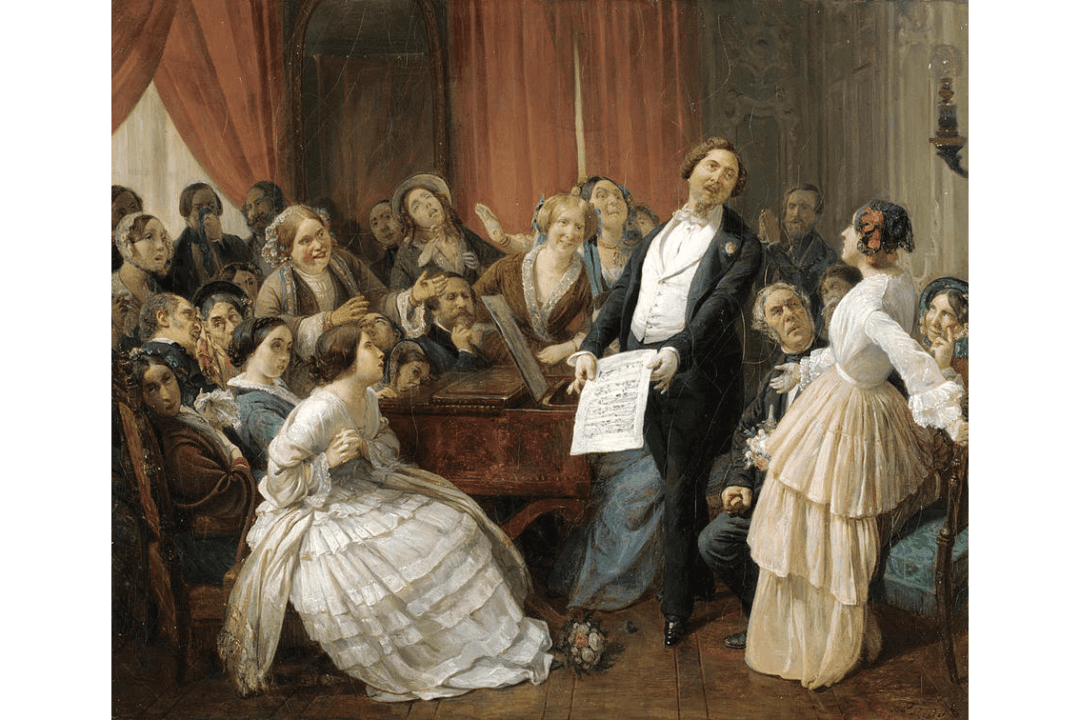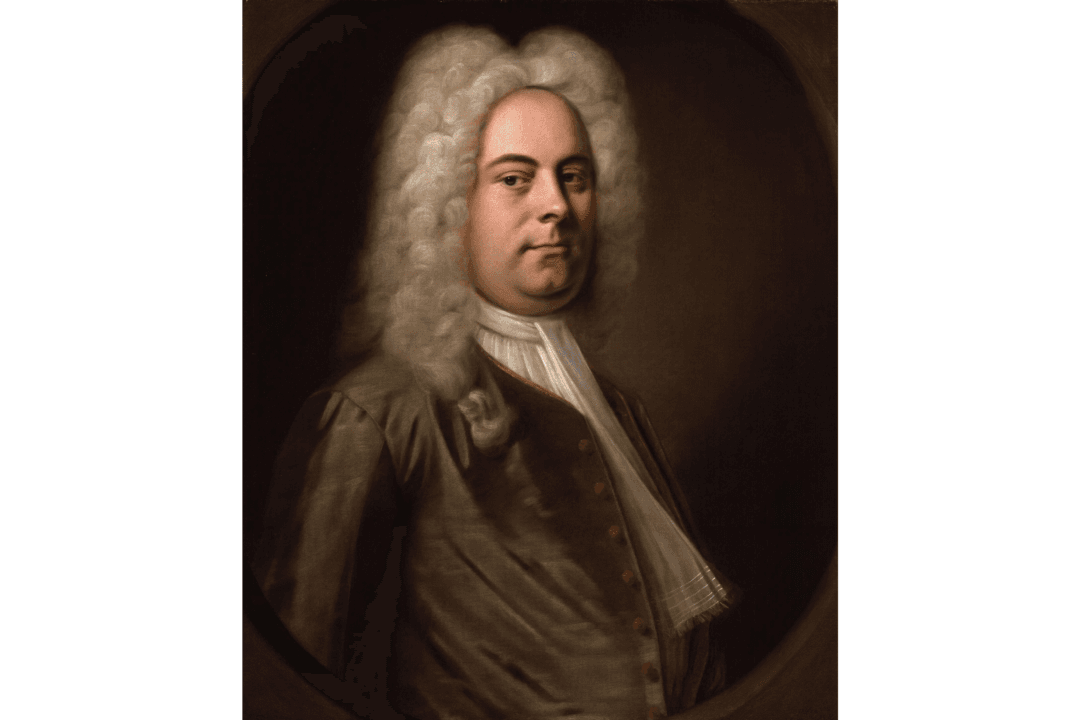One of the greatest singers of the 20th century, Dietrich Fischer-Dieskau had it all: great technique, an instantly recognizable sound, and peerless intelligence. Nicknamed the “Miracle Fischer-Dieskau” by the French press, the German baritone recorded more than three dozen opera roles, performed hundreds of oratorios, and sang everything from Wagner, Mozart, Verdi, Puccini, and Bach. But it is for his interpretation of the German Lied (poems set to music) that he is most remembered.

bariton's flawless technique combined with his vastly expressive voice makes him instantly recognizable. Dietrich Fischer-Dieskau at the public presentation of his book “Töne sprechen, Worte klingen” in 1985. Sonja Ebner-Kohn/CC BY 4.0






